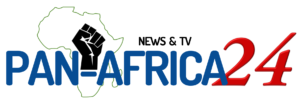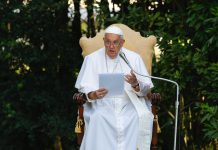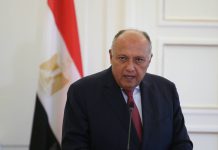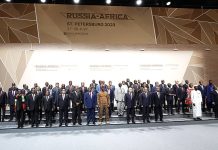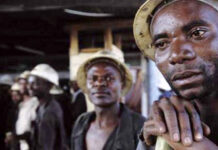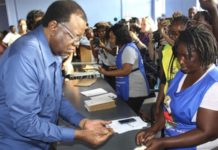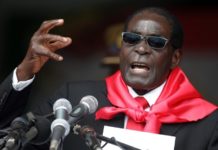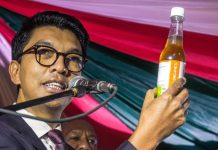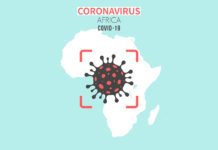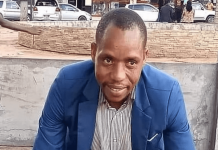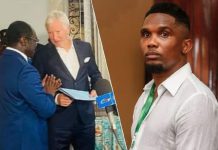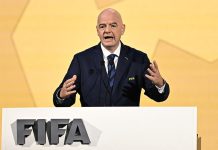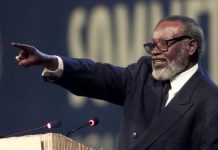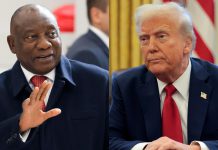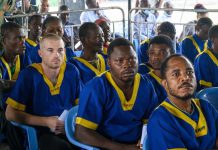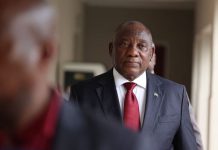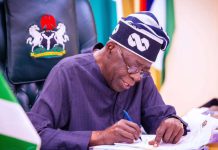Cameroon – crises between MINSEP-FECAFOOT: Cameroonians, honestly why are you surprised by what’s happening between the Ministry of Sports and the Cameroon Football Federation (FECAFOOT)? According to World Economics, a UK-based research organisation, Cameroon is ranked amongst Africa’s ten worst-governed countries in 2024 – 6th in her exact position.
When you’re ruled by a dictatorial regime of Mr Paul Biya, 91+ years, who’s consolidated power, it will mean the pursuit of good governance in Cameroon will remain a persistent challenge, with political instability, corruption, economic hurdles, and social unrest. There’s been bad governance, corruption perception, no rule of law, abuse to press freedom, and political rights, all these are factors that have undermined the overall governance system within the country.
According to the ranking institution, “Cameroon has faced decades of governance challenges marked by allegations of electoral fraud, human rights abuses and a crackdown on political opposition. Additionally, the Anglophone crisis, fueled by grievances over marginalisation and discrimination, has further destabilised the country, leading to widespread violence”.
With elections looming, what Cameroonians need to be more concerned about more than just the MINSEP-FECAFOOT crises or elections is how to limit power of who ever becomes President. Just to appoint the national team coach, you hear the head of state, to construct a road or carry out any development project, you still hear the head of state. That’s not how a country is run nor managed.
Cameroon’s governance systems, the constitutional powers given to the President as Adopted: 1972; it reads “The basis of the constitution is to have a strong central government that is dominated by the executive branch. The constitution includes the rights of citizens, structure and function of government, symbols and institutions of the country and how the constitution should be amended”.
Cameroon is a republic dominated by a strong presidency, with the three arms of government; the executive, legislative and judiciary dominated and controlled by the absolute power of the President. Without these independent bodies to perform their duties, it would be hard for any state.
The Executive
The president has the most power of the three branches and is in charge of naming cabinet members, judges, and governors. The president also approves or vetoes regulations, among other things.
The Judicial
The judiciary is subordinate to the executive branch’s ministry of justice. The supreme court may review the constitutionality of a law only at the president’s request. The supreme court judges are appointed by the president with the advice of the higher judicial council of Cameroon with no term limit.
Legislative
The legislative branch is responsible for creating and passing laws. The senate comprises 100 members, with 70 members being indirectly elected by regional governing councils and 30 members being appointed by the president. The national assembly has 180 members, 34 of whom are elected by plurality vote in single-member constituencies, and the other 146 are elected by plurality vote in multi-member constituencies.
Until this nonsense of a governance systems is abolished, Cameroonians will always be dictated to and marginalised in all areas of their lives.
As for the MINSEP-FECAFOOT crises, I stand with Eto as I feel his office has been undermined. Same thing you see across all offices and sectors in the country. This must stop!
Author: Nzeng Valentine
